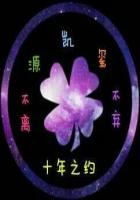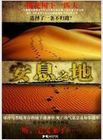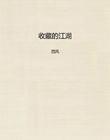Der Norlands Drache,' from Esthnische Mahrchen. Kreutzwald, Very long ago, as old people have told me, there lived a terrible monster, who came out of the North, and laid waste whole tracts of country, devouring both men and beasts; and this monster was so destructive that it was feared that unless help came no living creature would be left on the face of the earth. It had a body like an ox, and legs like a frog, two short fore-legs, and two long ones behind, and besides that it had a tail like a serpent, ten fathoms in length. When it moved it jumped like a frog, and with every spring it covered half a mile of ground. Fortunately its habit, was to remain for several years in the same place, and not to move on till the whole neighbourhood was eaten up.
Nothing could hunt it, because its whole body was covered with scales, which were harder than stone or metal; its two great eyes shone by night, and even by day, like the brightest lamps, and anyone who had the ill luck to look into those eyes became as it were bewitched, and was obliged to rush of his own accord into the monster's jaws. In this way the Dragon was able to feed upon both men and beasts without the least trouble to itself, as it needed not to move from the spot where it was lying. All the neighbouring kings had offered rich rewards to anyone who should be able to destroy the monster, either by force or enchantment, and many had tried their luck, but all had miserably failed.
Once a great forest in which the Dragon lay had been set on fire; t he forest was burnt down, but the fire did not do the monster the least harm. However, there was a tradition amongst the wise men of the country that the Dragon might be overcome by one who possessed King Solomon's signet-ring, upon which a secret writing was engraved. This inion would enable anyone who was wise enough to interpret it to find out how the Dragon could be destroyed. Only no one knew where the ring was hidden, nor was there any sorcerer or learned man to be found who would be able to explain the inion.
At last a young man, with a good heart and plenty of courage, set out to search for the ring. He took his way towards the sunrising, because he knew that all the wisdom of old time comes from the East. After some years he met with a famous Eastern magician, and asked for his advice in the matter. The magician answered:
'Mortal men have but little wisdom, and can give you no help, but the birds of the air would be better guides to you if you could learn their language. I can help you to understand it if you will stay with me a few days.'
The youth thankfully accepted the magician's offer, and said, 'I cannot now offer you any reward for your kindness, but should my undertaking succeed your trouble shall be richly repaid.'
Then the magician brewed a powerful potion out of nine sorts of herbs which he had gathered himself all alone by moonlight, and he gave the youth nine spoonfuls of it daily for three days, which made him able to understand the language of birds.
At parting the magician said to him. 'If you ever find Solomon's ring and get possession of it, then come back to me, that I may explain the inion on the ring to you, for there is no one else in the world who can do this.'
From that time the youth never felt lonely as he walked along; he always had company, because he understood the language of birds; a nd in this way he learned many things which mere human knowledge could never have taught him. But time went on, and he heard nothing about the ring. It happened one evening, when he was hot and tired with walking, and had sat down under a tree in a forest to eat his supper, that he saw two gaily-plumaged birds, that were strange to him, sitting at the top of the tree talking to one another about him. The first bird said:
'I know that wandering fool under the tree there, who has come so far without finding what he seeks. He is trying to find King Solomon's lost ring.'
The other bird answered, 'He will have to seek help from the Witch-maiden,[3] who will doubtless be able to put him on the right track. If she has not got the ring herself, she knows well enough who has it.'

